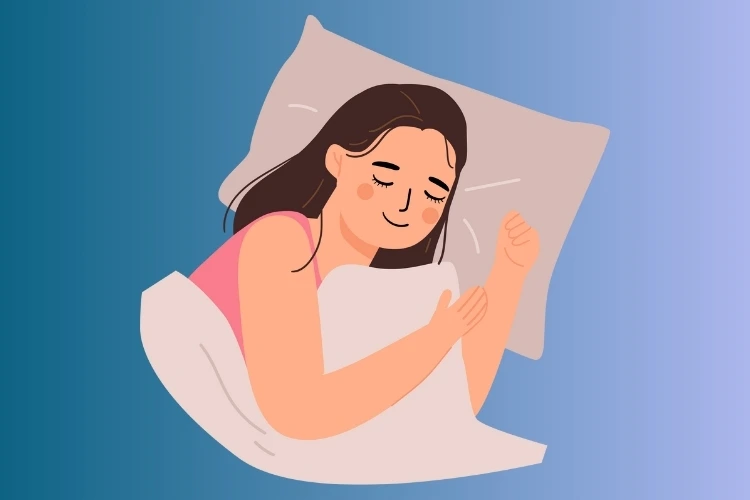Traveling is now viewed as the new form of vacation, sleep tourism. The traveler heads out for a vacation itinerary that is not filled with activities but focused entirely on resting. Rather, Skyscanner in a report 2024 found that 85% of Indian travelers are paying more attention to their sleep, with 20% of members thinking of sleep as a main activity for their next holiday. Just the opposite of all-inclusive resorts, this trend, too, reveals an increasing desire to exercise people-centred wellness during holidays.
Adapting global hotels and resorts to the trend is a typical example of what this property has done. In Westin Goa, for example, the breakfast hours were extended so that the mornings of guests could relax. There is chamomile tea and lavender balm for the best sleep. Internationally, too, luxury hotels like Park Hyatt New York have come up with sleep suites, thick smart beds that adjust according to individual comfort needs.
Leh, Alleppey, and Coorg are some of the emerging destinations in India that are witnessing their choice increased with reference to the pristine environment they present for tranquil getaways. These destinations possess peaceful surroundings that help to soothe travelers and greatly enhance the quality of sleep one enjoys. The worldwide sleep tourism industry is valued at approximately $74.54 billion in 2024 and is further expected to grow rapidly in the years ahead. This is a growing awareness that rest itself plays an important role in human livelihood.
Because more and more people want a vacation that gives them a break, sleep tourism is increasingly becoming the best option. But not only does where you go matter, it is also about how well you rest when you get there.







